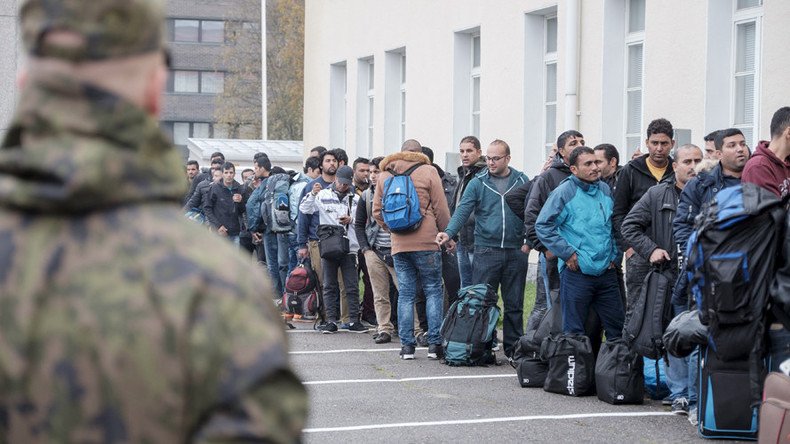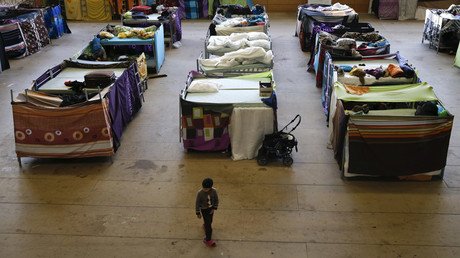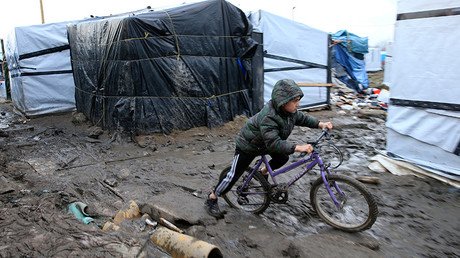2.5K asylum-seekers 'disappear' from Finnish reception centers - report

About 2,500 asylum-seekers have “disappeared” from Finnish reception centers, the MTV3 broadcaster reported, citing police. Local authorities say they have no clue where these people are and how they are making a living, as all contacts have been lost.
“It's a risky situation, we do not know who these people are, why they have come here and how they currently make their living, if they haven't obtained asylum [status] but decided to stay here,” Sanna Palo, head of the Central Bureau of Investigation said in an interview with MTV3.
“A serious threat is posed by the fact that there are a lot of people [among those that disappeared] who initially came [to Finland] using false documents or didn't have any papers whatsoever,” she added.
It's not the first time asylum seekers have vanished from European reception centers. Some 13 percent of all migrants who officially entered Germany in 2015 never turned up at the accommodation provided for them, the Süddeutsche Zeitung reported late in February.
Frank-Jürgen Weise, the head of Germany's Federal Office for Migration (BAMF), said there are as many as 400,000 asylum seekers in Germany who have no ID documents and German authorities have been unable to identify them. Germany welcomed an estimated 1.1 million refugees in 2015, mostly from the Middle East and Northern Africa, of whom about a half are either without official documents or have disappeared.
At least 5,835 refugee children were reported as missing in Germany last year, according to a report released last month. The number was reported by the Funke Mediengruppe newspaper, which obtained the data in response to an inquiry sent to the German parliament. Among the missing are 555 children younger than 14. Interior Ministry spokesman Johannes Dimroth said the number of missing children is likely to be even higher. The missing and unaccompanied minors come mainly from Afghanistan, Syria, Eritrea, Morocco and Algeria, the ministry's report stated, according to Die Welt.
At least 10,000 unaccompanied child refugees have disappeared after arriving in Europe, according to the EU’s criminal intelligence agency Europol. Many are feared to have fallen in the hands of organized trafficking syndicates. Europol told the Observer in late January that thousands vanished after being registered with state authorities.
“It’s not unreasonable to say that we’re looking at 10,000-plus children. Not all of them will be criminally exploited; some might have been passed on to family members. We just don’t know where they are, what they’re doing or who they are with," Europol chief of staff Brian Donald told the paper.
Almost 130 children have gone missing from the Calais migrant camp after authorities demolished parts of the makeshift shelters last month, a British charity revealed in early April.
Europe is becoming a “bad word” due to the strains of the refugee crisis and growing inequality among EU countries, Italy’s Economy Minister Pier Carlo Padoan warned earlier this week. He said the current tensions risk pulling the bloc apart. Padoan’s comments come as Europe continues to face the biggest refugee crisis since World War II – a situation the economy minister says is “not a one-off shock,” but a “major structural change that is going to be with us for a long time.”
Over a million asylum seekers arrived in Europe in 2015, most of whom come from Syria, where the bloody conflict, according to UN figures, has killed 250,000 people and displaced more than 12 million since 2011.















